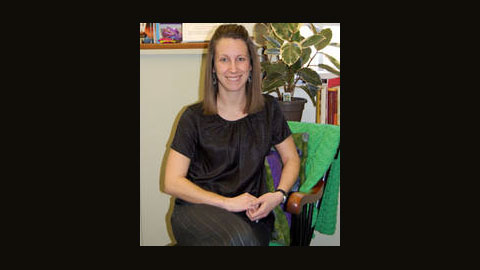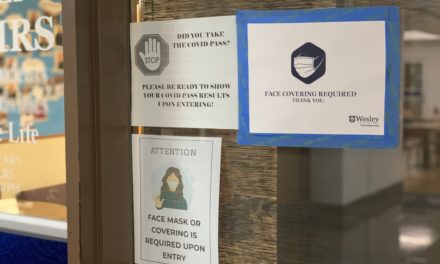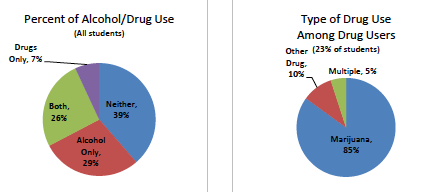By:Â Christine McDermott, Â (Whetstone contributor)
The Department of Education (DOE) reports that 88 percent of colleges and universities currently enroll students with disabilities; approximately 10 percent of students with learning disabilities are enrolled in a four-year college within two years of leaving school.
Any college or university accepting money from the federal government is required by law to provide accommodations to these students with documented disabilities.
The DOE found the distribution of disabilities to be: specific learning disabilities (31 percent), ADD/ADHD (18 percent), physical health conditions (15 percent), mental or psychiatric conditions (15 percent), difficulty hearing or seeing (7 percent) and other (11 percent).
Wesley College is among those colleges and universities enrolling students with disabilities.
One of the many areas that report to the Department of Academic Support is the Disability Support Services Office (DSS Office). The DSS Office is for students that have documented disabilities. These students may or may not have used an IEP or 504 plan during their time in the K-12 system.
An IEP is an Individualized Education Program that is created for each student individually. Usually a team of personnel (teachers, guidance counselors, etc), from the school in which the student is enrolled, will work together to create a plan that will assist the student and improve his success.
A 504 plan is a plan that dictates the modifications that are needed for a student to perform at the same level as their peers. Students that are eligible to receive services are provided accommodations that enable them to be on an even playing level with their peers. These accommodations can be (but are not limited to): extra time for testing, note-taking assistance, a reader or a scribe.
Any student that is currently enrolled at Wesley College and has received accommodations at a previous school should contact the DSS Coordinator to receive more information.
Disability accommodations can make a difference!
Wesley graduated a student last year that recovered from a brain tumor found at the age of 11. After surgery, this student had to relearn how to walk and talk. The accommodations this student received enabled him to fully participate in his education. He graduated with a 3.15!






